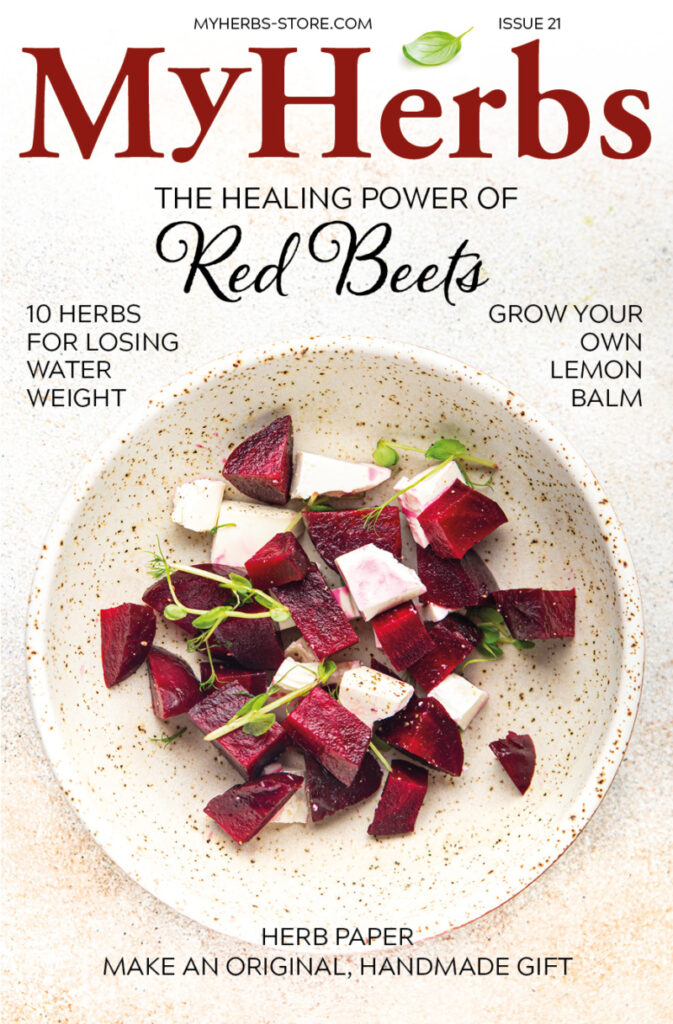Eczema is a chronic skin disease that often takes a toll on mental health, too, yet even contemporary physicians don’t know how to completely cure it. Despite the usually quite negative prognoses, the battle with eczema need not be in vain. All one has to do is follow several rules that will not only help in the fight against the resilient skin disease but will also have an overall beneficial impact on one’s health.
The basis of eczema treatment should be dietary adjustments. However, each person with eczema may have a different reaction to certain foods, so it’s necessary to go with the trial and error method and see which foods trigger or worsen the eczema.
Among allergens, whose regulation or elimination from the diet is best known to improve skin condition, are sugar, dairy products, raw eggs (they contain the protein avidin which blocks the absorption of biotin, a B vitamin necessary for skin health), tropical fruits, peanuts, hot spices, smoked meats, fatty, canned, or chemically treated foods, and instant meals.
Apart from dietary adjustments, regular exercise is also a great treatment supplement.
Mental well-being constitutes almost half the success.

HERBS AND ECZEMA
In terms of natural medication, there are several magical helpers found in the natural realm that are great allies in the battle against this problematic skin condition. Let us explore several of them.
STARFLOWER (Borago officinalis)
It has a soothing effect on eczemic patches when used in compressions, baths or hydrating balms.
COMMON MALLOW (Maliva neglecta)
It suppresses inflammations and itching, making it particularly great when used in the form of baths.
EVENING PRIMROSE (Oenothera biennis)
Oil from this plant is great for both internal and external maintenance of the body. It contains a high volume of omega-3 fatty acids and, thanks to its composition, it directly affects cell membranes.
COLTSFOOT (Tussilago farfara)
It is particularly useful in external skin care. It is recommended in treating eczema and rejuvenating the damaged skin in the form of compressions or baths. It can be used internally, too, but watch out – only for short periods of time. Internal use is not suitable for children, pregnant women or breastfeeding mothers.
SALVIA (Salvia officinalis)
It has anti-inflammatory and disinfectant effects. It is most potent in salvia tincture or infusion.
HERB-ROBERT (Geranium robertianum)
Despite its unpleasant smell, the combination of its external and internal use is a great choice when dealing with eczema. The infusion is prepared through a short boiling process.
NETTLE (Urtica dioica)
Nettle’s wide spectrum of applications and remedial effects make it a great healing herb. You can add it to salads, soups or make tea from it, among many other uses. This herb, which is often used in liver detoxification, is also helpful for combating skin issues.
DANDELION (Taraxacum officinale)
Dandelion is yet another herb with positive effects on proper liver functioning, the digestive tract and material exchange. It is most commonly used in the form of infusion or root juice.


